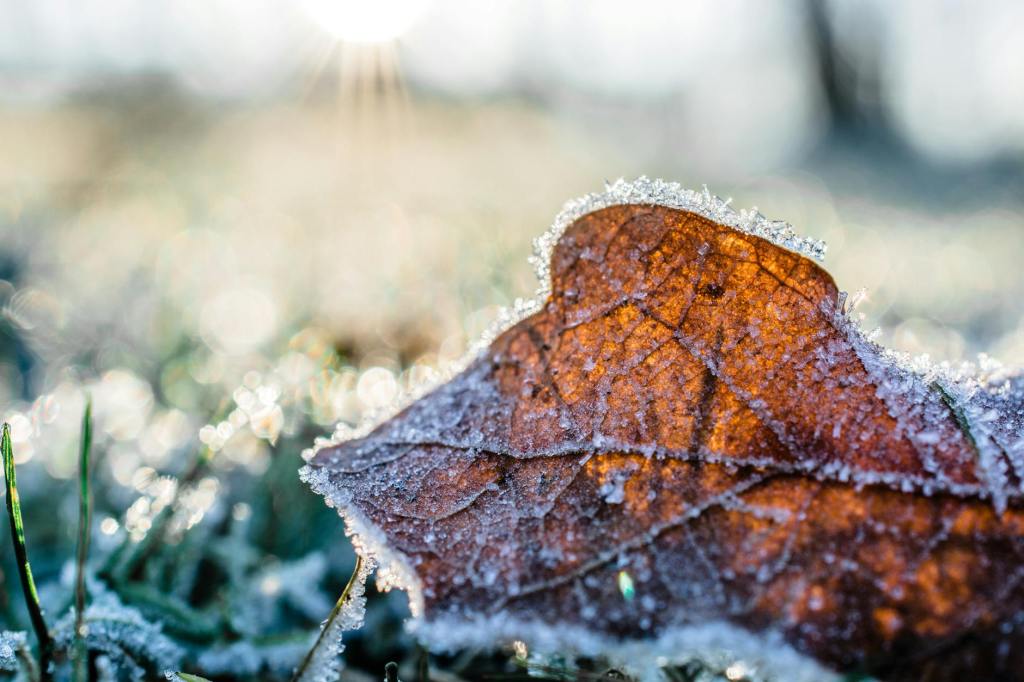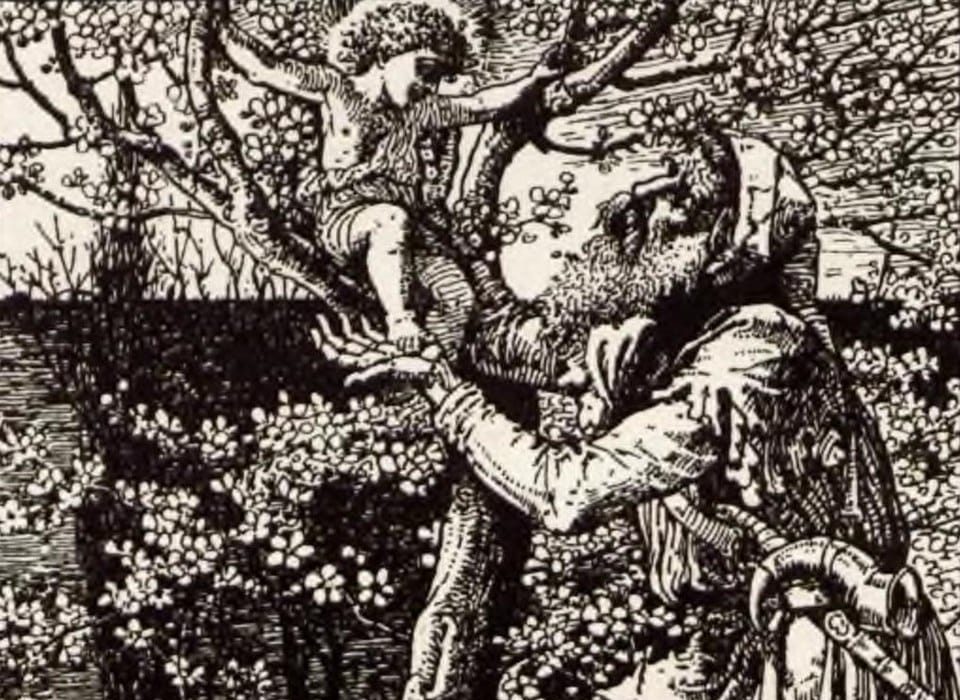Poems are all about beauty and presentation. What do they look like? What do they say? Poetry about a blooming flower joining the world with a figurative smile on its face is common. Yet, another commonality is the theme of death in poetry and what it means to humanity. In this post, we will analyze the metaphorical and personified versions of death and how it is conveyed through verse.
Poems that Feature Death
Life and Death
In Carrie Williams Cliffords’ poem “Life and Death,” the author contrasts the two ends of the spectrum of human experience. Life, she presents, is the difference between liveliness and the shadows that hang in the corner. In life, she states, “I saw a candle brightly burning in the room!” Later in the poem: “Upon the generous hearth / Quick Wit and bubbling Laughter / Flashed and danced / Sparkled and pranced” (Clifford). In other words, life is relative to life-like verbiage.
Furthermore, she states that death is “a cloud of gloom / … Then from the shadows came the Dreaded Shape,– / The candle flickered out!” Both life and death are representations of the spirited nature of the individual. Life is full of brightness and things are “crystal clear,” while death is contrasted with “gloom,” “blue-gray mist,” and silence (Clifford).
Death is a One Night Stand
Meanwhile, in “Death is a One Night Stand,” poet Sjohnna McCray uses the duality of a date and a murder to show death’s strange and violent embrace in life. In this way, death in poetry comes to life.
“A poor boy promised me a textbook view / of the stars,” he states. “… Medusa-like in their paralyzing beauty. / He drives the dark highway …”
The speaker is telling us that they are going on a date with a “poor boy” of uncertain character. The words McCray uses relates to death on different levels. He uses words like “snaking,” “Medusa-like,” “dark highway,” and “Stiff black trunks and treetops wave / goodbye from the roadside…” All of these words have a negative, foreboding connotations. Snakes are deceptive, while Medusa is a killer by trade, and “black trunks” of trees that “wave goodbye” is never a good sign.
McCray writes in the last stanza: “He places a hand on the dip of my back / to guide me, like Hades, in his world.” Invoking the god of the underworld is one way to convince us that the intentions of the “poor boy” are not chivalrous in nature. Death, in this way, is a malevolent force that can cut down even the most chaste character. With it comes language akin to Carrie Williams Cliffords’ poem. To evoke the dark side of death, we must use words to evoke that evilness.
Death
Additionally, when getting toward a more direct interpretation of death in the abstract—death as a verb—we can find contemplative meaning from poems. Loureine Aber writes in “Death” that shuffling off one’s mortal coil is a “magnificent time” in her life. The death in poetry here symbolizes a sort of reawakening into an unknown world.
She states: “Me, now scattered to the winds of living, / Now drifting like a broken reed seaward: / Death is coming to me.” What I think she means is that her life, though fulfilled, has left her abandoned at sea in her time of death, because at the end of one’s life, it does not matter how many friends you made or what your loved ones feel as you are traveling forth into the void alone. “New valleys,” she writes. “New great moons to haunt my tired lips.”
Death Be Not Proud
Finally, in looking at the English poet John Donne, we have his poem “Death Be Not Proud,” in which the speaker of the poem confronts Death indignantly and with defiance. Something I think many of us believe we would do when confronted by the Grim Reaper.
“Mighty and dreadful, for thou art not so; / For those whom thou think’st thou dost overthrow / Die not, poor Death, nor yet canst though kill me,” Donne writes. Death, in his eyes, whether the proper noun or the abstract, causes the speaker of the poem no great concern, because without a doubt—it is not his time to go into the land of the dead.
In the final part of the poem, Donne laments that death does not scare him because there are ways to overcome it and embrace it, from the “rest of their bones,” or “sleep” to engaging with eternal life through memory. “And death shall be no more; Death, thou shalt die” (Donne). In this bit of poetry, death comes for the living but is vanquished by the expiration of the soul.
Conclusion
Death comes in many forms, from the contrast of brightness to gloominess. It also comes in the form of innocence murdered by the hands of common ghouls. Yet, regardless of how one dies or whether they are afraid of perishing, one can overcome death. According to poetry, one can overcome death by seeing it not as a horrendous affliction. Rather, one can realize it is nothing more than sleep, or a new adventure. Death does not stop memories, either, so even though one must face it alone, their character and confidence will be carried into the future by their loved ones.
Works Cited
Aber, Loureine. “Death.” Poetry Foundation. Web. https://www.poetryfoundation.org/poetrymagazine/browse?contentId=16269
Clifford, Carrie Williams. “Life and Death.” Poets.org. Web. https://poets.org/poem/life-and-death
Donne, John. “Death Be Not Proud.” Commonlit. Web. https://www.commonlit.org/en/texts/death-be-not-proud
McCray, Sjohnna. “Death is a One Night Stand.” Poets.org. Web. https://poets.org/poem/death-one-night-stand





Leave a comment